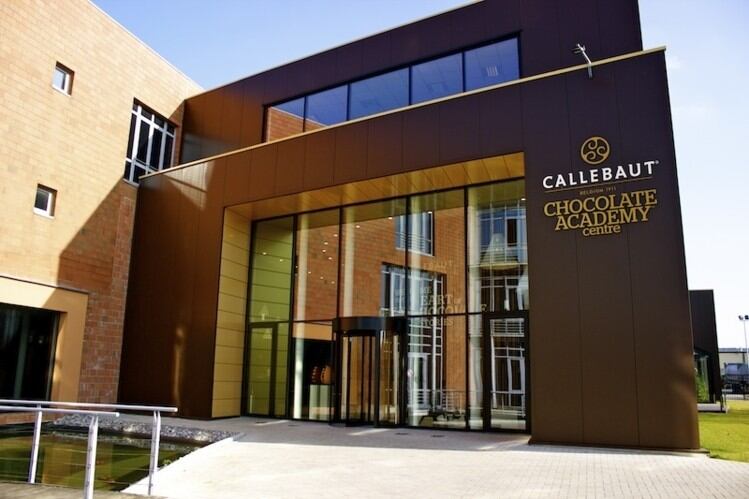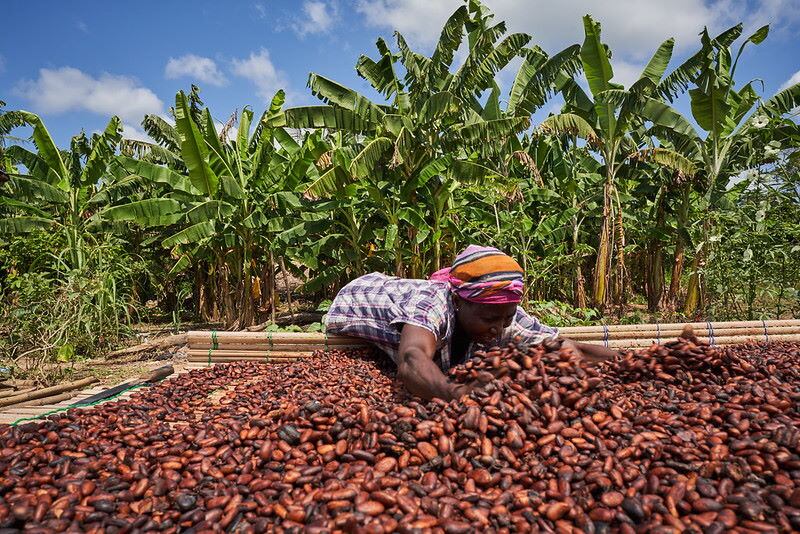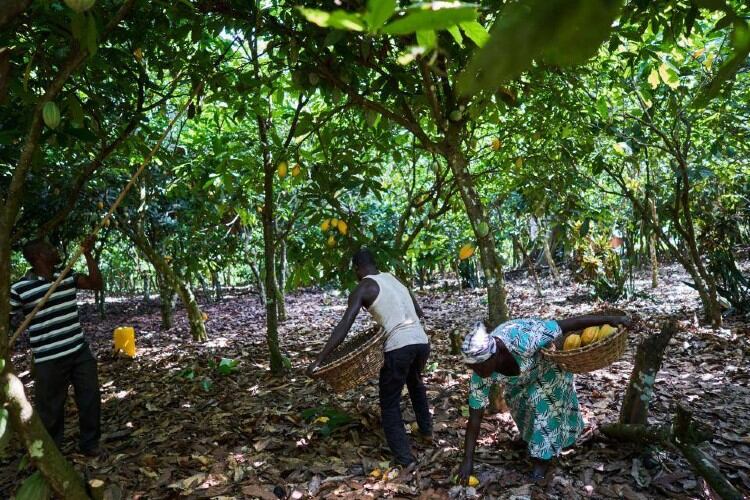Speaking to analysts and media via a virtual conference call to announce the group’s Half-Year Results for fiscal year 2019/20, chief executive Antoine de Saint-Affrique said: “We drew on the credit facility just as a precautionary measure to ensure the liquidity of the company moving forward,” explaining the facility had been in place for years for precisely such a situation.
Sales volumes at the world’s biggest chocolate and cocoa product maker rose 5.4% in the six months to February 29, down almost 3% in the second quarter, from 8.2% in the first three months.
De Saint-Affrique said: “We delivered strong profitable growth in the first six months of fiscal year 2019/20. All regions continued to materially out perform the global chocolate confectionery market.”
He maintained that, with the exception of China, in February, the half-year results had not yet been materially impacted by the COVID-19 pandemic.
Results at a glance
Sales volume up +5.4%
Sales revenue of CHF 3.8 billion, up +5.8% in local currencies (+2.4% in CHF)
Operating profit (EBIT) recurring up +6.7%2 in local currencies (+3.1% in CHF)
Net profit recurring up +11.6%2 in local currencies (+7.1% in CHF)
De Saint-Affrique said Easter sales had not been included in the figures – but there was obviously going to be an impact on the numbers as restaurants and pastry shops under its gourmet business were closed because of government lockdowns. Barry Callebaut was “encouraging its small customers to sell more online,” he added.
In a press statement, the group said: “Barry Callebaut has to date not experienced any major disruption to its production operations. While food manufacturers and global cocoa are less affected, gourmet sales volumes are impacted by government restrictions on the access to shops and restaurants. In China, there are signals of strong demand recovery, but the overall progression of the COVID-19 pandemic remains volatile and difficult to predict.”
Looking ahead, de Saint-Affrique said: “COVID-19 is a major unforeseen event. While we have put in place precautionary measures to support the continuation of our operations, its impact on business growth and profitability cannot be quantified at this stage as it depends on the duration and severity of the pandemic. In the meantime, we remain committed to our mid-term guidance for the period ending with fiscal year 2021/22. Our global footprint, a strong innovation pipeline, diversity in customers and channels, in combination with the diligent execution of our proven ‘smart growth’ strategy, give us a sound basis to overcome the COVID-19 pandemic.”
Barry Callebaut group did not give an outlook for the current fiscal year but confirmed its mid-term guidance for 4-6% average sales volume growth to 2021/22.
Asked by an analyst about possible price cuts to stimulate sales, de Saint-Affrique said: “The key challenge is not a matter of price, but of stores being open or not.”
Innovation
At ISM in Cologne in February, Barry Callebaut introduced 100% dairy-free ‘M_lk Chocolate’, as part if growing portfolio of ‘Plant Craft’ products ranging from chocolate, cocoa, nuts, fillings and decorations.
In the same month, the group’s gourmet brand Mona Lisa launched ‘Mona Lisa 3D Studio’, the world’s first personalized 3D printed chocolate at scale, made from Belgian chocolate.
Cocoa
In line with expectations, the group’s Global Cocoa sector showed normalized volume growth in the second quarter, resulting in an increase of +6.5% to 242,315 tonnes in the first six months of the fiscal year. Sales revenue increased by +5.5% in local currencies (+0.5% in CHF) to CHF1,023.5m ($1,058.69m). Operating profit (EBIT) amounted to CHF 55.3m, compared to CHF 54.6m in the prior-year period, reflecting the more challenging environment, the group said.
Market
During the first six months of the current fiscal year cocoa bean prices fluctuated between £1,734 and £2,045 per tonne and closed at £1,955 per tonne on February 29, 2020. On average, cocoa bean prices increased by +13.6% versus the prior-year period. Global bean supply and demand remained balanced. Côte d’Ivoire and Ghana announced in July 2019 a living income differential (LID) of $400 per tonne of cocoa beans, effective as of the 2020/21 crop.
- Read Barry Callebaut’s media statement in full.




